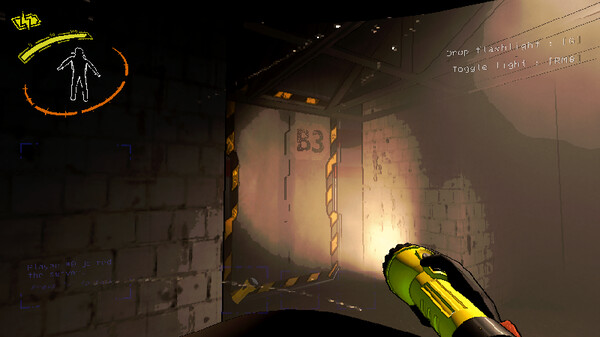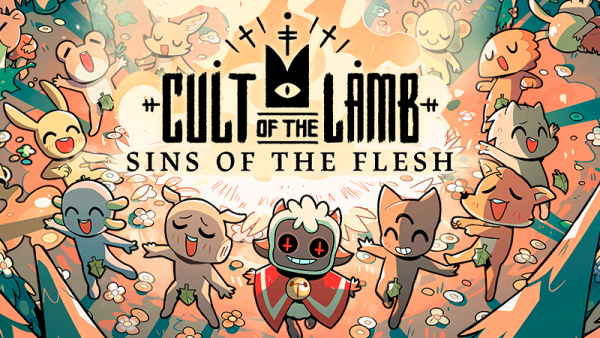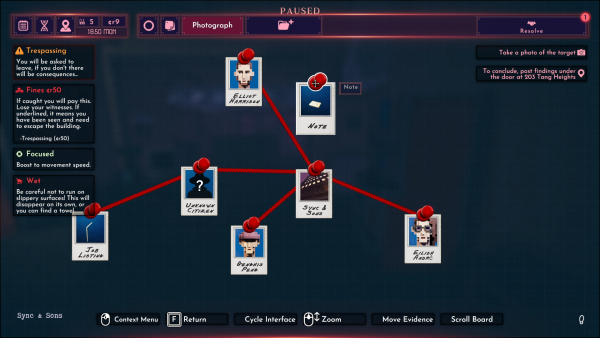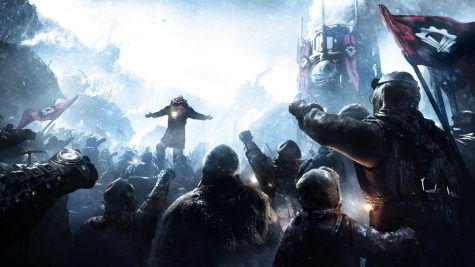The In-game Purchase Postmortem
Months after the massive gaming controversy, are players still worried?
In 2017, video games took a turn many considered problematic. The concept of in-game purchases or “microtransactions” disgusted gamers both casual and hardcore. This was especially frustrating when the games basically demanded that players purchase items to have a competitive advantage, an often-despised strategy know as “pay-to-win.”
In 2018, however, much of the microtransaction controversy seems to have died down. Just six months after release, Middle-Earth: Shadow of War has removed all in-game purchases, and EA’s Star Wars Battlefront II, a large focus of the outrage, has pledged all real-money items will only be cosmetic and will not affect gameplay from now on. So are high school gamers still concerned about the future of the “games-as-a-service” model? Were they concerned in the first place?
Freshman Aramis Pond isn’t. “Honestly, [I’m not concerned]. They’ve been around forever, and all we need to keep them from being a problem is more parents who actually know how to put passwords on their kids’ consoles, and on their credit cards,” said Pond.
On the other hand, Charlie Toppin, also a freshman, has some lingering doubts about in-game purchases. “I am so concerned about [microtransactions], that is number one on my priorities list right now,” said Toppin. “I’m so sad that games can be pay-to-win.”
Specifically, Toppin singled out EA, the developer of Battlefront II, as being one of the largest culprits of exploiting this model.
“I think EA should stop being a [problem], personally,” said Toppin.
Both Pond and Toppin supported the recent decision by the ESRB to put labels on games with microtransactions.
“That system will definitely help,” says Pond.
While opinions may differ on whether in-game purchases are a major problem, we can know that it seems the model may stick around for now. Games like Sea of Thieves, a recent release, still include in-game currency that can be purchased for real money. Many players expect to continue to see the divisive model moving forward.









